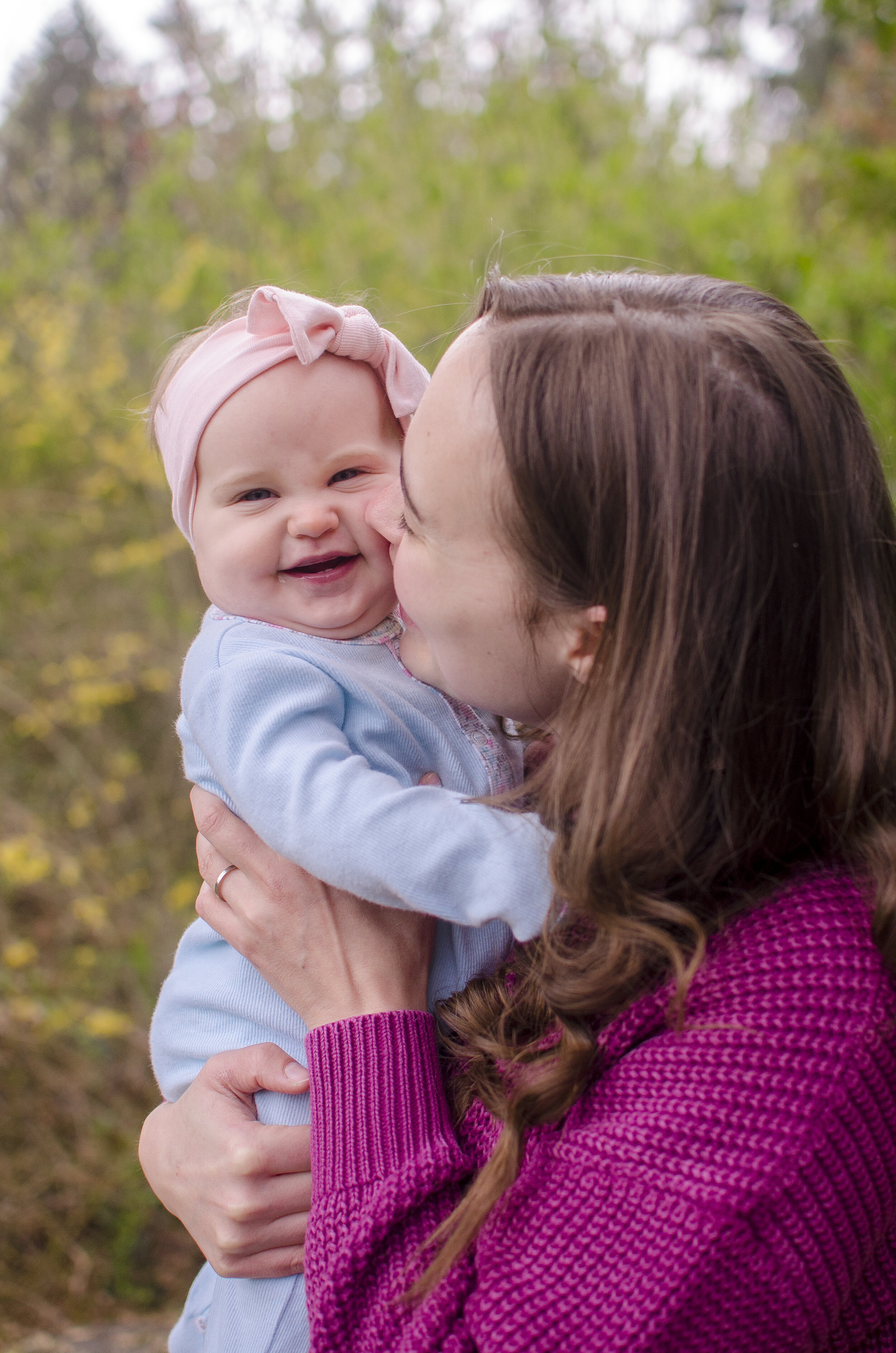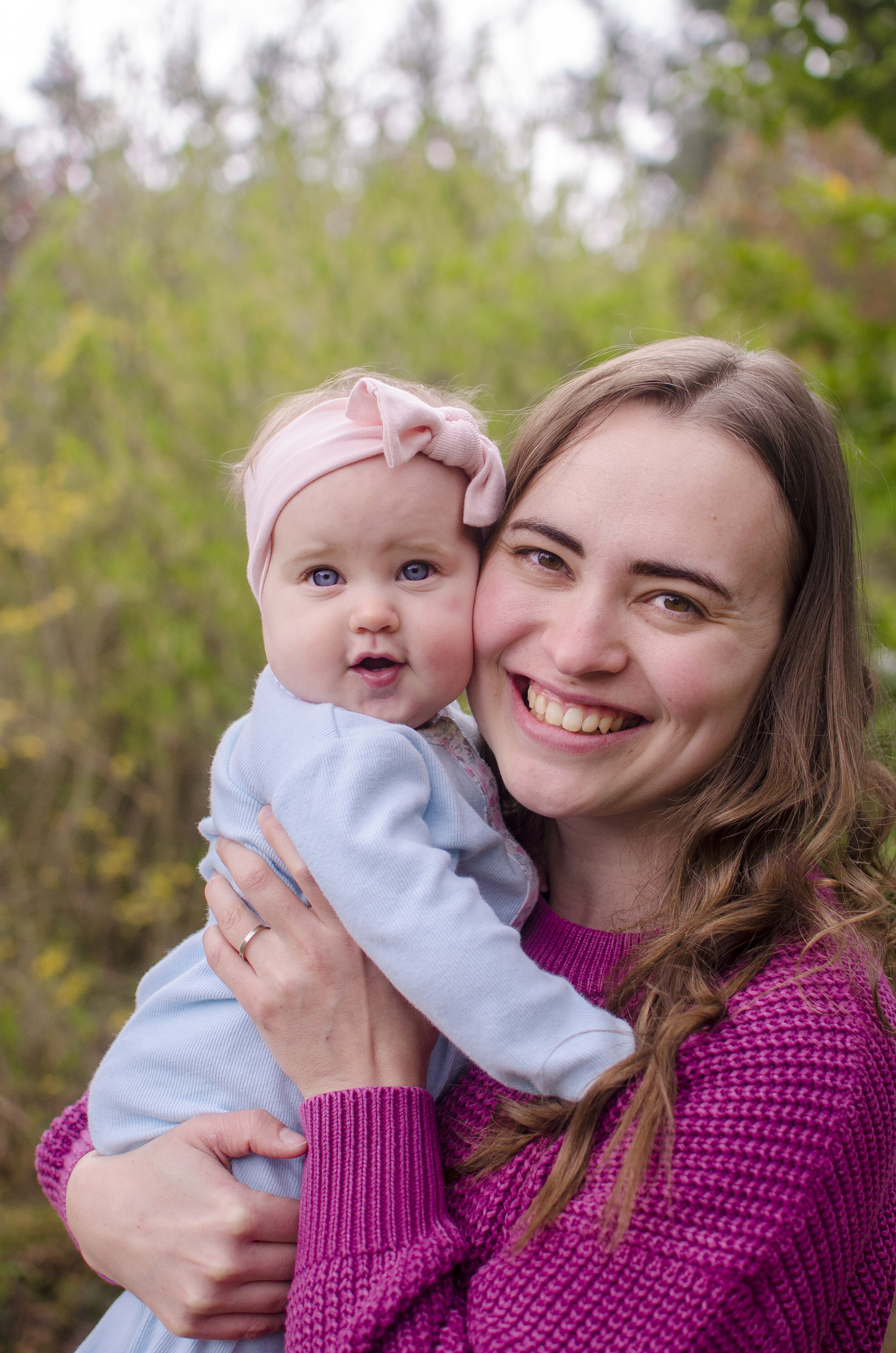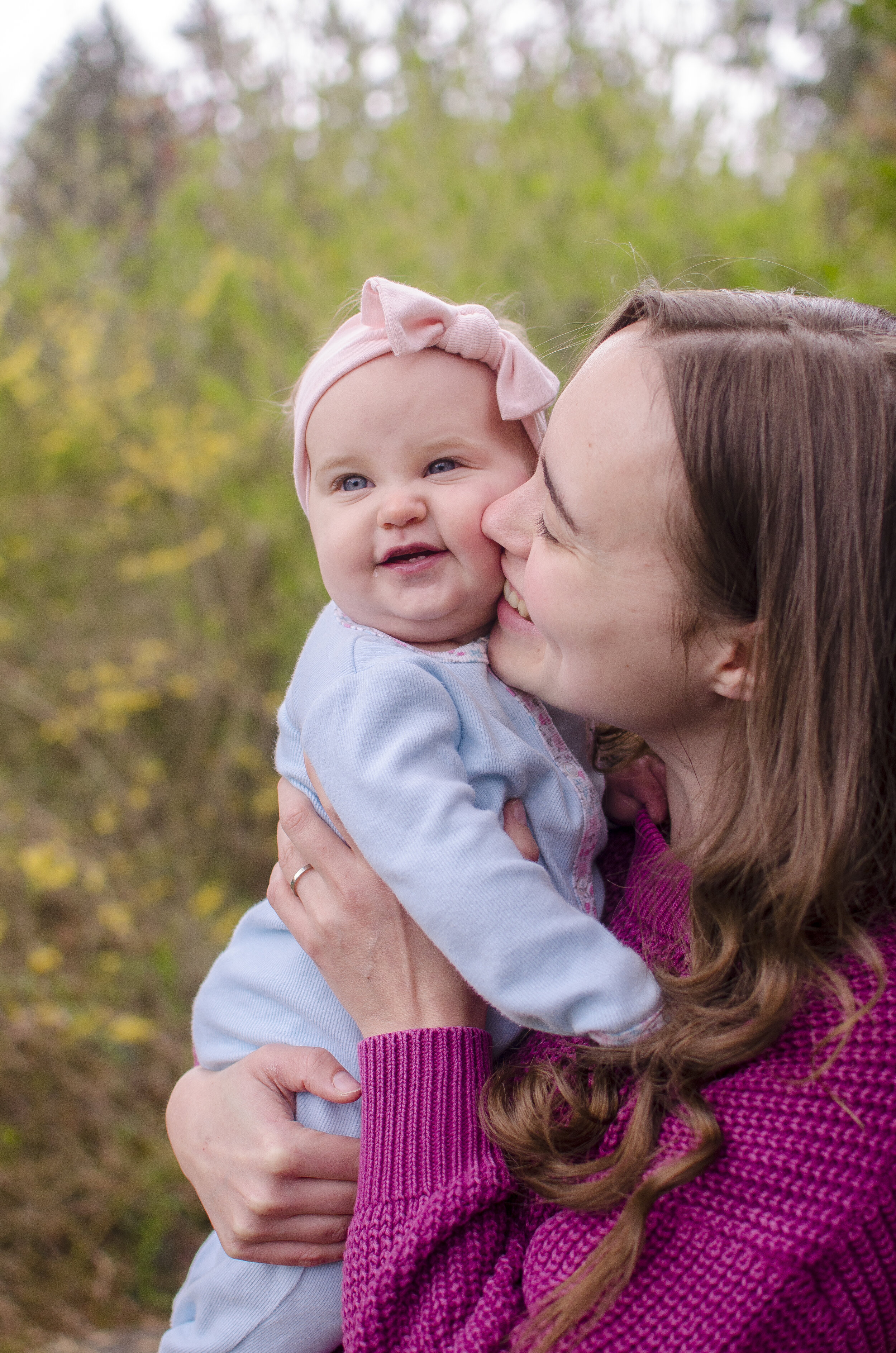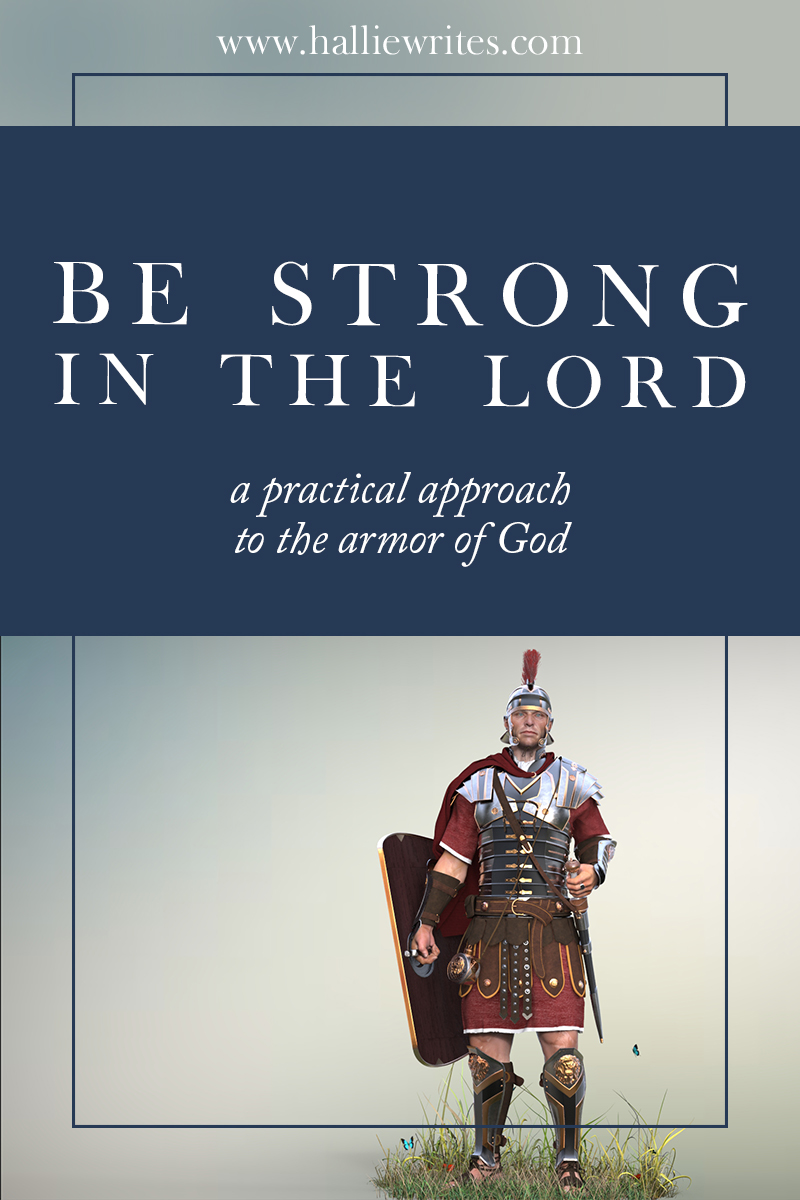all who call
/I have two children now.
I remember this phase with my first surprisingly well, despite the fact that I was (unknowingly) in a fog of postpartum depression at the time. Thankfully, that’s under control this time, but the newborn stage is still as stretching and demanding as ever. I had almost forgotten how all-consuming it is to be everything to someone: to be their source of food, drink, warmth, hygiene, safety, comfort, even life itself.
There is a familiar loneliness—an inevitable isolation. Even those who have been in these shoes probably don’t quite remember what it was really like. And those who are in them right now are too consumed by them, as I am, to be really available to anyone else. Who can blame them?
And God—it’s hard not to feel like I’m failing Him when I can hear the voices of so many pastors from so many pulpits endlessly reminding us that we need to pray and read our Bibles and go to church, and I have barely gotten us all dressed and fed in a day, let alone done any of that.
But I was reminded lately that I come from a very knowledge-centric tradition of Christianity, and that knowledge is only one small piece of a real relationship. I feel safer in my head than I do in my gut or in my heart, but there is so much more. And if my relationship with God is measured only in how much I know, how much I read, how much I’ve learned, and how much I pray—is it a relationship at all? Or is it just the same old carnal striving to attain wisdom without really needing Him?
And is God cold toward how thin I’m spread? Does He watch me rinsing diapers, calming tantrums, juggling a fussy baby, and putting food on the table and think “How dare she slack off on what matters?” Or is it possible that the God who made me also knows me, knows that He made me highly sensitive to sensory stimuli, knows how frayed I am at the end of a day where it felt like someone was always screaming at me—and has compassion toward me?
There is one name of God that I hold especially dear: El-Roi, “the God who sees.” It’s the first time God is given a name in Scripture, and it is given to Him by a woman who is desperate, utterly at the end of herself, when she meets Him. He calls her by name and asks for her story. Then, instead of rebuking her, He guides her. Instead of judging her, He blesses her.
The psalmist says,
The LORD is near to all who call upon Him, to all who call upon Him in truth.
Psalm 145:18
It is the nearness of the Lord that I yearn for in these long, yet fleeting, days. I need Him to meet me at the end of myself, call me by name, and listen to my story. And so right now—when I don’t have the words or minutes to form paragraphs-long prayers covering adoration, confession, thanksgiving, supplication, and all the other “requirements”—I am choosing instead to call.
In the tiniest of moments, there is still room to call upon the Lord. It takes no more than a breath and a few words: “You are the God who sees.” Sometimes this is a cry for help from the One who sees me in my frustration or my exhaustion; sometimes it’s a proclamation that even in the isolation, I am not alone. Every time I breathe this small and powerful prayer, I can picture my loving God looking down on me, seeing it all in its chaos, and offering me His presence, His compassion, His blessing.
For a moment, I am released from the inside of my head, where I keep my Bible scholarship and my endless questions and my spiritual to-do list. I’m washed in the power and presence of the Spirit of God, where there is freedom.
Now the Lord is the Spirit, and where the Spirit of the Lord is, there is freedom. But we all, with unveiled faces, looking as in a mirror at the glory of the Lord, are being transformed into the same image from glory to glory, just as from the Lord, the Spirit.
2 Corinthians 3:17-18















